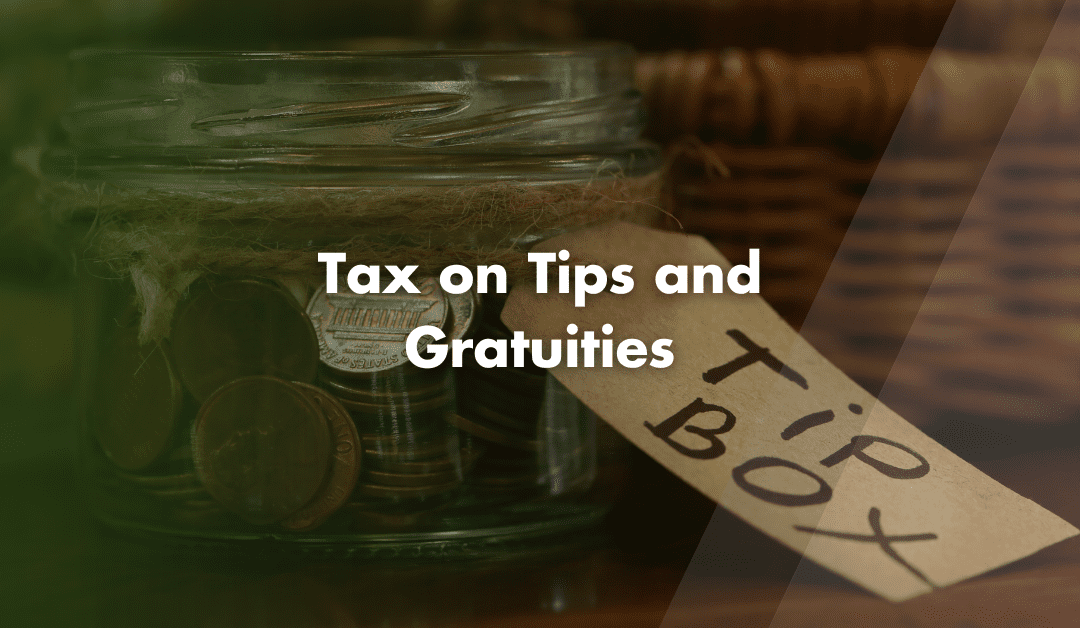Tax on Tips and Gratuities
All tips and gratuities, whether received in cash directly from the customer or added electronically via card or cheque, are subject to Income Tax. Depending on how these tips are managed and distributed, National Insurance Contributions (NICs) may also apply.
Differences Between Tips and Service Charges
It’s important to differentiate between tips and service charges.
Services charges are pre-added to your customer’s bill. If a service charge is mandatory, it is treated similarly to wage and not considered a tip.
On the other hand, if the service charge is optional and the customer decides to pay it, it’s treated like a tip under the same tax rules.
How is Tax on Tips Calculated?
The taxation of tips depends on how they are received:
- Direct Cash Tips: If you can receive cash tips directly from customers, it’s your responsibility to declare these on a Self-Assessment tax return. Failure to do so could lead to HMRC estimating your tips, potentially leading to discrepancies.
- Employer-Handled Tips: If your employer distributes the tips (either from electronic payments or pooled cash), they must handle the Income Tax through payroll. However, this method also incurs National Insurance Contributions.
Electronic Tips and Employer Responsibilities
When tips are paid electronically, they can be added to your regular pay by your employer. This method requires the employer to take charge of deducting the appropriate Income Tax. Note that any form of tips handled directly by the employer is subject to both Income Tax and National Insurance contributions.
The Role of Tronc in Tip Distribution
Pooling tips together into a “tronc” is a common practice to simplify the tipping process. A tronc system, managed by a designated “troncmaster”, helps in accumulating all staff tips and service charges, ensuring fair distribution among staff.
The good news is that while Income Tax applies to tronc payments, they are exempt from National Insurance contributions.
To establish a tronc, appoint a troncmaster – often a trusted employee – who will oversee the collection and distribution of tips. They must consult with staff on how tips are divided, which might involve difficult decisions about who receives what and in what proportion.
Troncmasters are responsible for the administrative aspect of paying out these tips, usually through the payroll system.
Contact Us
We are not just accountants; we are Chartered Accountants with one of the most reputable and premium accounting bodies. We are registered and regulated by ACCA; so you can rest assured that you are in good hands. Knowing this, don’t hesitate to get in touch with us if you require assistance: Pi Accountancy | Contact Us

